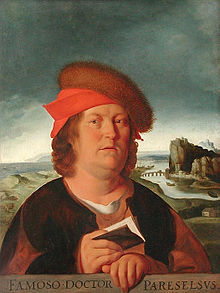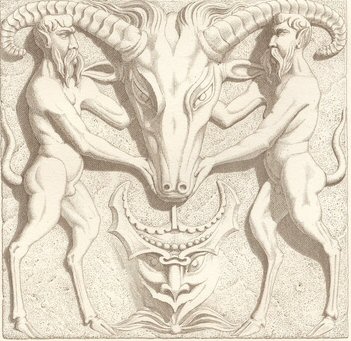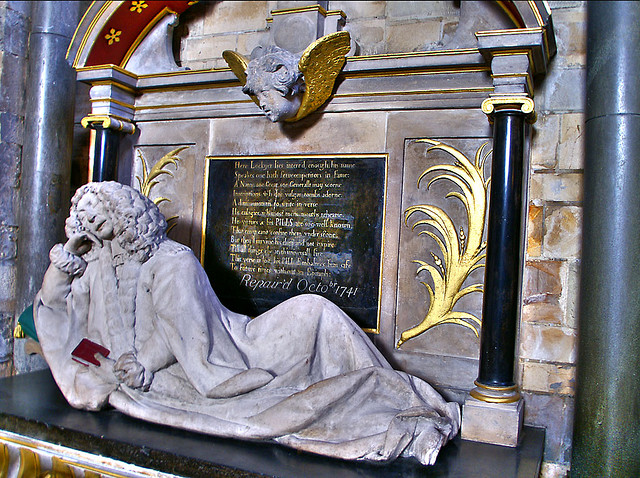“And they make moon and stars appear on the ceiling after this manner. In the central part of the ceiling, having fastened a mirror, placing a dish full of water equally (with the mirror) in the central portion of the floor, and setting in a central place likewise a candle, emitting a faint light from a higher position than the dish, in this way, by reflection, (the magician) causes the moon to appear by the mirror. But frequently, also, they suspend on high from the ceiling, at a distance, a drum, but which, being covered with some garment, is concealed by the accomplice, in order that (the heavenly body) may not appear before the (proper) time. And afterwards placing a candle (within the drum), when the magician gives the signal to the accomplice, he removes so much of the covering as may be sufficient for effecting an imitation representing the figure of the moon as it is at that particular time. He smears, however, the luminous parts of the drum with cinnabar and gum; and having pared around the neck and bottom of a flagon of glass ready behind, he puts a candle in it, and places around it some of the requisite contrivances for making the figures shine, which some one of the accomplices has concealed on high; and on receiving the signal, he throws down from above the contrivances, so to make the moon appear descending from the sky.
“And the same result is achieved by means of a jar in sylvan localities. For it is by means of a jar that the tricks in a house are performed. For having set up an altar, subsequently is (placed upon it) the jar, having a lighted lamp; when, however, there are a greater number of lamps, no such sight is displayed. After then the enchanter invokes the moon, he orders all the lights to be extinguished, yet that one be left faintly burning; and then the light, that which streams from the jar, is reflected on the ceiling, and furnishes to those present a representation of the moon; the mouth of the jar being kept covered for the time which it would seem to require, in order that the representation of full moon should be exhibited on the ceiling.
“But the scales of fishes for instance, the seahorse, cause the stars to appear to be; the scales being steeped in a mixture of water and gum, and fastened on the ceiling at intervals.”
Hippolytus (c170 – c236), Refutation Of All Heresies, Book IV



